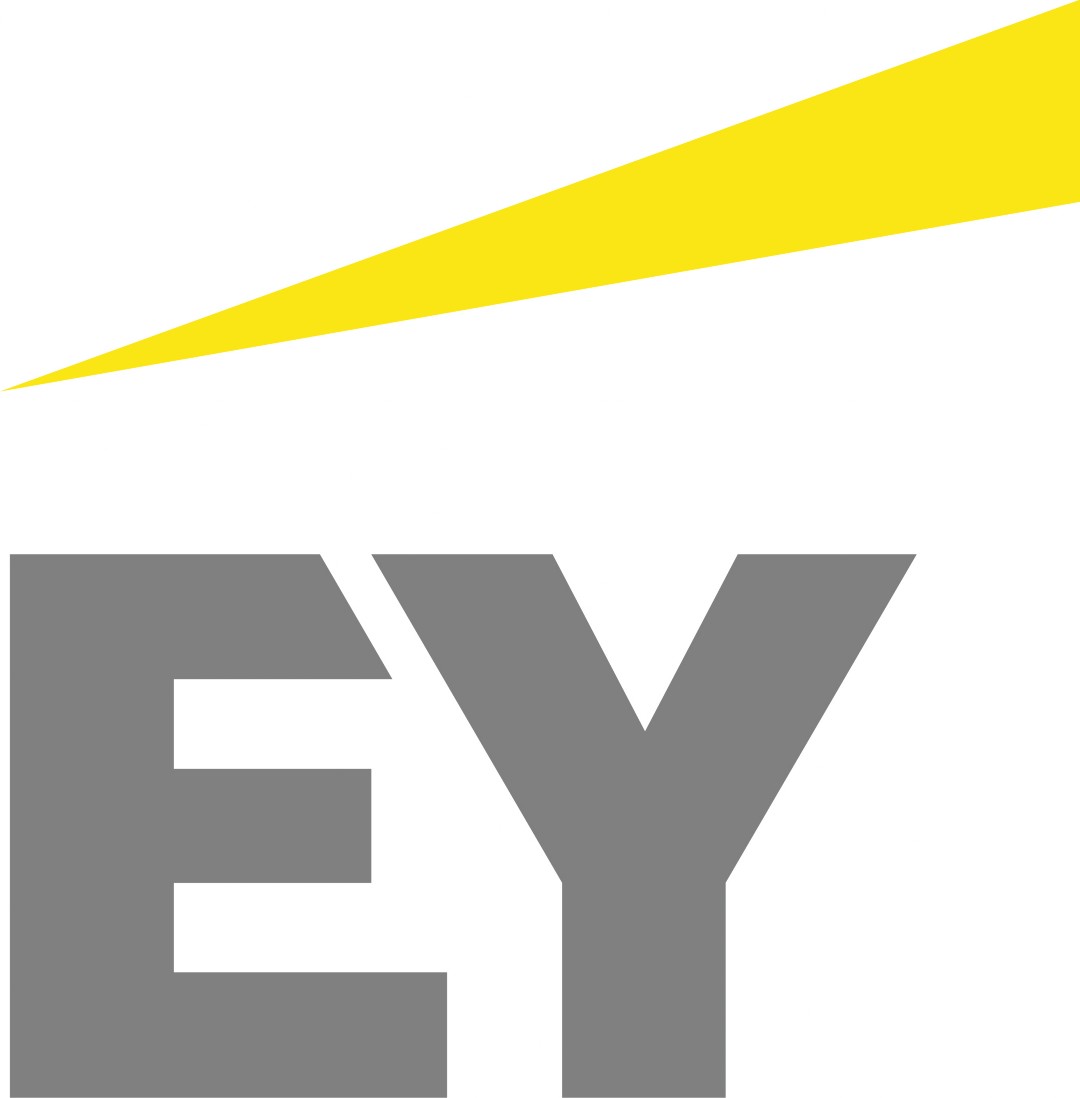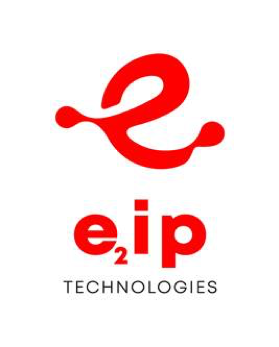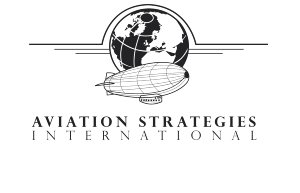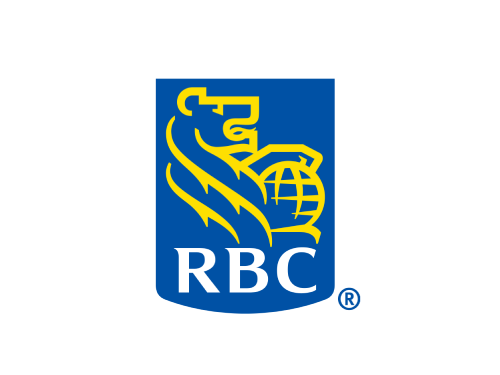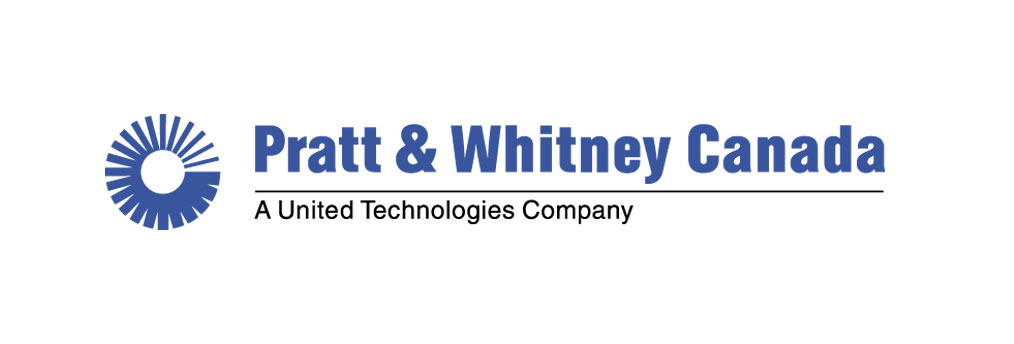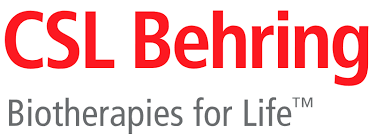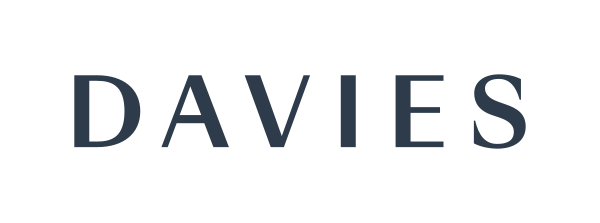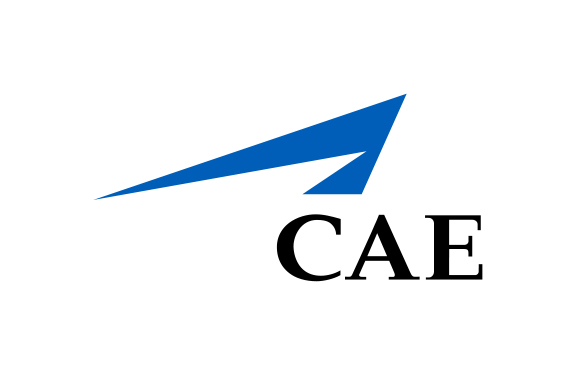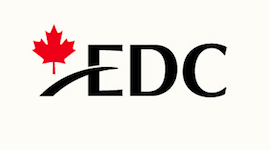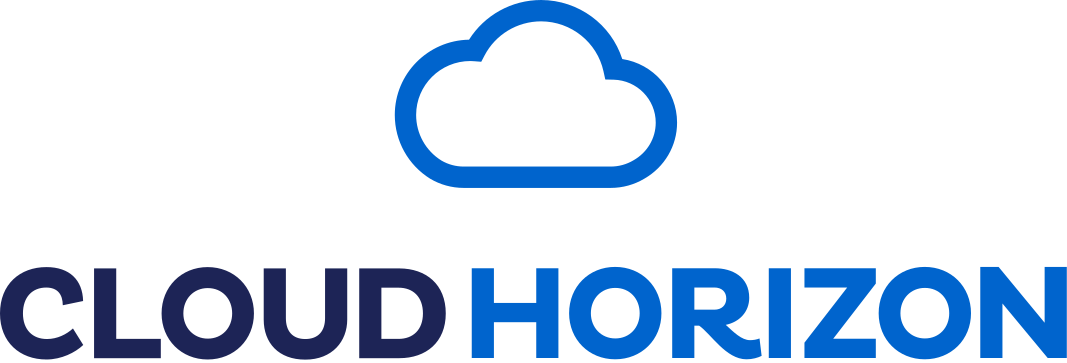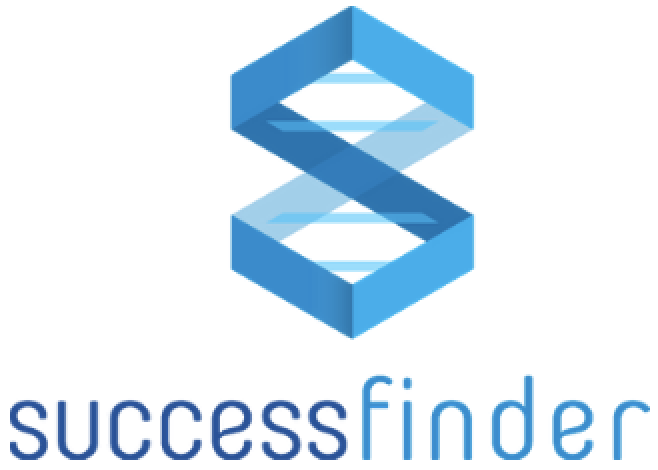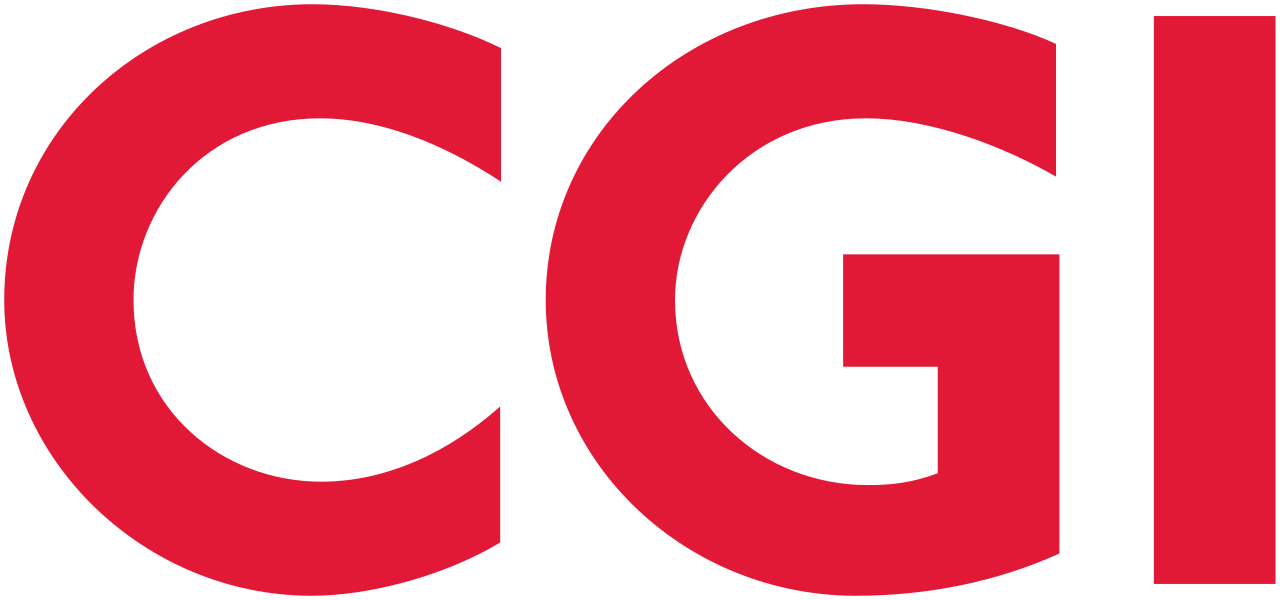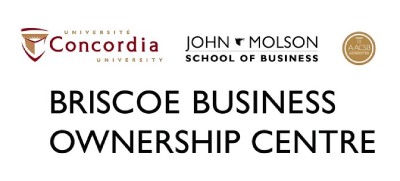Intrepid MBAs and volunteer judges carry on through storm
[img_assist|nid=823|title=|desc=Concordia’s own entry in the MBA Case Competition came second overall. Left to right are Kenneth Brooks, Myles G. MacPherson, coach Robert Gervais, Roula Zaarour, Shaun Hegarty and Alexander Goetz. (photo: M.C. Péloquin & Christian Fleury)|link=none|align=right|width=400|height=120]
Despite the virtual paralysis of Montreal by a ferocious ice storm, Concordia University’s 17th International MBA Case Competition went on as planned, and the Concordia team came in second.
The event, held at the Queen Elizabeth Hotel from January 6 to 10, drew more than 180 participants from 30 universities across North America and beyond.
Fortunately, the hotel never lost power, so the competition kept going when Montreal’s power supply crumbled under the crush of freezing rain. Rebecca Khoury, who helped organize the MBA competition with Debra Israel and Max Thompson, said they never considered postponing the event because of the storm.
“There was no way we could do that,” Khoury said, gasping at the very thought. “The competition just took way too long to plan.” The trio took nearly a year planning the event, rounding up volunteers and about $100,000 in sponsorships, including $9,000 in cash prizes to be shared between first-, second- and third-place winners.
But for some of the competitors, making it to Montreal through the storm of the century proved to be the most daunting challenge. One team, from the University of Massachusetts, nearly killed themselves when they crashed and destroyed their car on icy roads south of the Quebec border. Although no one was injured in the collision, the team arrived in Montreal only after renting another car and with only an hour to spare before preparing for their match.
The vicious weather also delayed another team from Boston’s Northeastern University when their flight was cancelled. Not to be deterred, the team opted to take another flight to Vermont and drive the rest of the distance to Montreal in a rented car. In all, it took the group 24 hours to make it to the city for a trip that usually takes six hours by car.
Jean E. King, one of four members on the team, said the delays left them, too, with only a couple of extra hours before challenging their opponents. “It was overwhelming,” she said of the experience. “We thought that we would never make it.”
However, both teams regained their composure in time for their matches. Like every team, they had three hours to read an unpublished case on a public or private company (uncovered and obtained by the organizers), dissect it and find the most cost-efficient ways to make the company grow.
On the final day of the competition, for example, Concordia, with a particularly strong team this year, was up against New Zealand’s University of Otago. Both teams had 25 minutes to present a five-year business plan for the same Irish crystalware company. Each four-member team took turns arguing why their plan was the better option, followed by a 15-minute question-and-answer period, before a panel of three volunteer judges.

